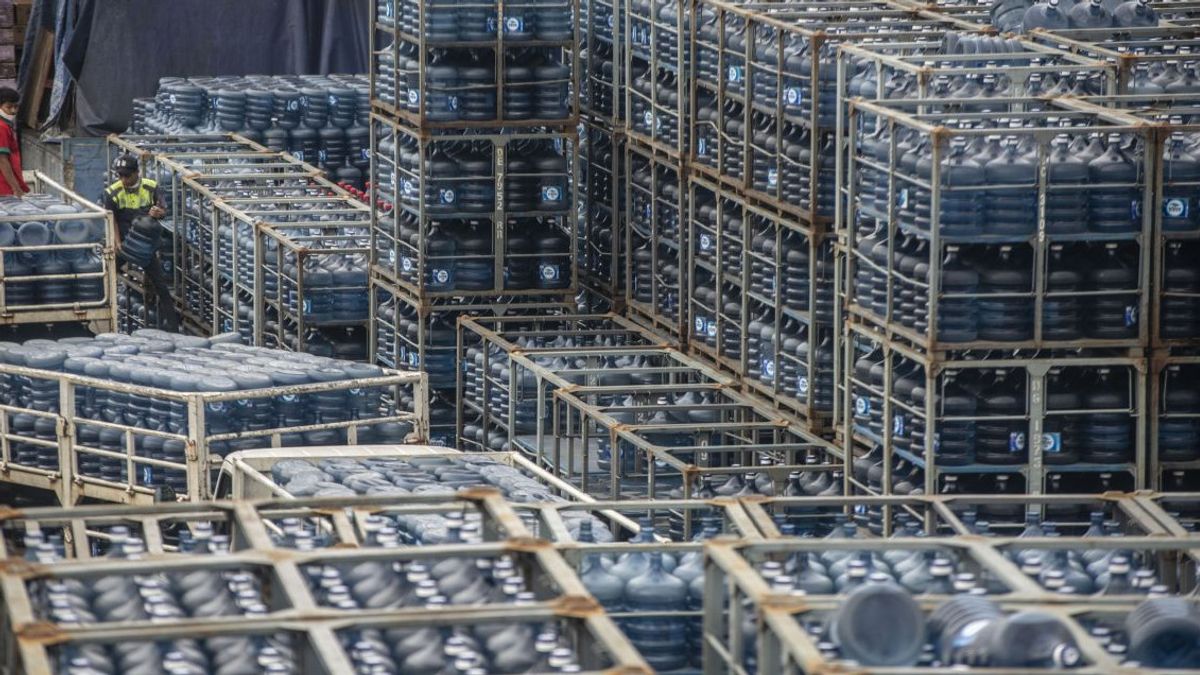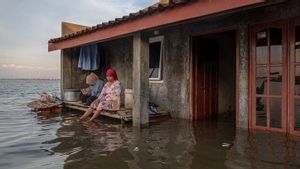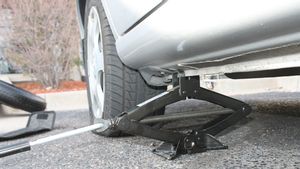In the middle of this year, the Food and Drug Supervisory Agency (BPOM) officially issued a new regulation regarding processed food labels, namely BPOM Regulation No. 6 of 2024. This regulation has become a discussion in the public lately because it has a direct impact on the bottled drinking water industry (AMDK).
The regulation requires AMDK manufacturers who use gallon packaging made from polycarbonates to include information on product labels stating, under certain conditions, polycarbonate packaging can release BPA on bottled drinking water''. This new regulation aims to protect public health risks from exposure to Bisphenol-A (BPA).
However, the question is, can the BPA in the gallon packaging made from polycarbonates run down into drinking water so as to endanger health?
The polymer Study Group driven by researchers and polymer experts from the Bandung Institute of Technology (ITB), today released the results of independent research on safety tests and quality of drinking water on gallon packaging made from polycarbonates from various well-known brands in West Java Province. The results show that all samples of drinking water in gallon packaging tested are proven safe and have complied with the standards and regulations set by the government as well as international standards.
This finding also confirms that all drinking water is safe for the public to consume. Ir. Akhmad Zainal Abidin, M.Sc. Ph.D, Head of the Laboratory of Polymer Technology and Membran ITB, confirmed that all samples of drinking water tested are free of harmful substances, including Bisphenol-A (BPA).
"From the research we conducted, we did not detect (non-detected/ND) BPA in all tested drinking water samples. This means that the BPA level is still very safe, far below the threshold set by the national and international food safety authorities, such as the Indonesian National Standard (SNI), the Food and Drug Supervisory Agency (BPOM) and the World Health Organization (WHO)," said Dr. Zainal, in his statement, Monday, August 26.
Dr. Zainal explained that this study is part of an effort to educate the public about the quality and safety of drinking water in gallons of polycarbonates based on a series of rigorous, reliable, and independent scientific tests. This study focuses on detecting BPA decays or migrations from a gallon packaging of polycarbonates into water.
The brands studied were four gallons of AMDK brands made from the most popular polycarbonates, namely Amidis, AQUA, Crystallin, and Vit. West Java Province was chosen to be the test site and research sampling because this area has the highest number of AMDK industrial production facilities in Indonesia.
With this study and responding to BPOM Regulation No. 6 of 2024 concerning the labeling of BPA, Dr. Zainal revealed that information related to labeling states that polycarbonate packaging can release BPA is inappropriate and has the potential to cause disinformation in public.
"In my opinion, bottled drinking water that is circulating in the market and has been licensed by BPOM certainly already has standards that are in accordance with regulations and are safe for public consumption," he said.
According to Dr. Zainal, products with BPA content should remain safe as long as their levels are in accordance with the limits set by BPOM. Based on BPOM Regulation No. 20 of 2019, the maximum threshold for BPA migration in storage containers is 600 micrograms per liter (0.6 ppm).
"Actually, there are many dangerous materials that are prohibited by BPOM, dozens of them. It should be enough with the BPOM label which guarantees all these materials are safe, without the need to write down one by one. BPA is not the only material that can have an impact on health, so people should not be deceived by incomplete information," concluded Dr. Zainal.
In addition, Dr. Zainal emphasized the importance of appropriate education about the use of gallon bottled drinking water available on the market. The public needs to ensure that gallons are not exposed to extreme temperatures, which are above 150 degrees Celsius, to maintain water quality. With the correct information and understanding, people do not need to worry about consuming gallon bottled water.
The English, Chinese, Japanese, Arabic, and French versions are automatically generated by the AI. So there may still be inaccuracies in translating, please always see Indonesian as our main language. (system supported by DigitalSiber.id)













